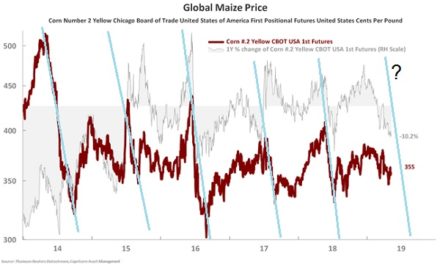
Maybe the road safety message is finding fertile ground
What a relief it was to learn that only three people died on our roads during Easter weekend. The fact that the statistic improved does not relieve the personal agony of the deceased’s families, but at least it points to the possibility that more and more drivers are beginning to realise that reckless driving kills.
It may also be a case of an exceptional blessing for the nation. While fatalities this year were down by two thirds compared to last year, the number of crashes actually increased by 13% and the number of injuries was marginally higher by 2%.
Earlier this week the MVA Fund said 53 accidents were recorded over the four-day period from Good Friday to Easter Monday. Seventeen of these were roll-overs, which underscores my point of us receiving a very big blessing. Roll-overs typically lead to fatalities, as do head-on collisions, so the many occupants who survived the seventeen roll-overs must be very thankful that they did not lose their lives.
Indicating that we have probably not shed our propensity to drive under the influence, ten accidents were listed as pedestrian-related. Details are not provided, but in cases where a vehicle hits a pedestrian, usually either the driver or the person hit displays some form of intoxication.
A relatively small number of head-rear collisions were recorded – only five, and – again showing the guided protection of a higher authority – no head-on collisions. We must appreciate this blessing, but I do not believe we must be complacent.
To the contrary, now is perhaps the best time ever to keep repeating the road safety message.
The MVA Fund is rightly concerned. “Unless there is a change in attitude and in the way road users conduct themselves on the roads, these alarming rates will remain,” the Fund said on Tuesday when it released the crash statistics. An interesting observation is that the deceased were all female passengers of young or relatively young age, which the MVA Fund interpreted as an indication that young people are more accident-prone than older, more experienced road users.
I am as relieved as the next person that we came off very lightly this year, but I am equally concerned about the significant rise in total number of crashes. I hope those travellers who survived the roll-overs – and there must be many – realise how lucky they are. I also hope that the average road user starts to comprehend the severity of road crashes, and that the death statistic easily could have reached at least seventeen.
I stayed at home for the long weekend, and from my own observations I must state that the attitude of local drivers did not change noticeably.
They were just lucky.
Road safety, similar to Gender Violence, is one of those scourges that affects Namibians disproportionately.
I was amazed at the acerbic local reaction to a recent report that found Namibia has the dubious honour of boasting the highest per capita road accident rate in the world, but I do not doubt that report. Some interpretations may have been distorted or taken out of context, but the overall impression that we are indeed a crash-prone nation is fully supported by years of local crash data, the MVA Fund’s tracking (and footing the bill) of deaths and injuries, and my own observations over many years. Bluntly stated, our consideration for road safety, the safety of other road users and the well-being of passengers is appalling.
One beautiful story crossed my radar, however, and I must state I listened to this with admiration. A friend went to the north for the weekend, returning fairly late on Monday evening. As is now customary, the Iveco he was travelling in encountered the usual weekend traffic train between Okahandja and Windhoek.
To the dismay of all, the vehicle had to travel in this train at about 40 km/h. This eventually got so frustrating that some passengers urged the driver to start driving recklessly and to overtake at every opportunity.
The driver refused point-blank, confronting his own passengers with a barrage of arguments he picked up from the national road safety campaign. Everybody was stunned but became submissive, quietly enduring the frustration of trudging along at a snail’s pace to their destination. When the Iveco stopped in Katutura, many passengers approached the driver, thanking him for his patience and his diligence. Now, is not that a nice story to round off the long weekend?














































